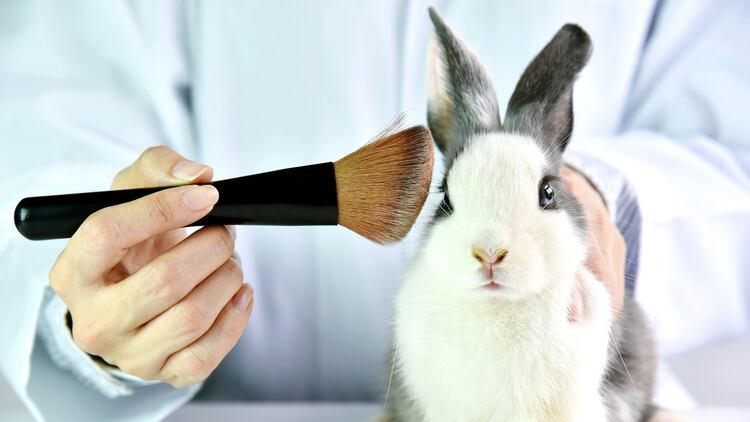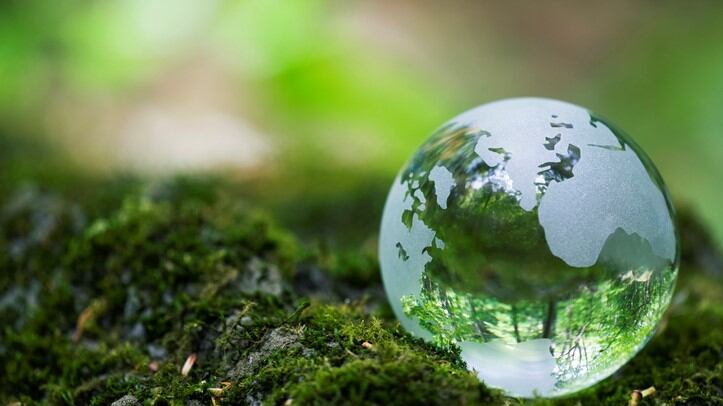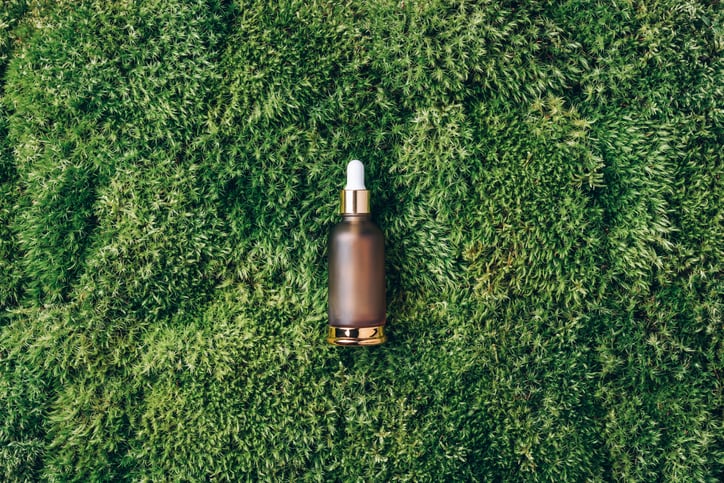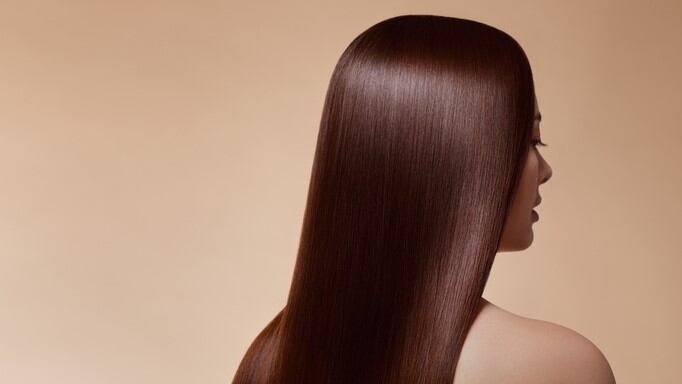The region remains the biggest player worldwide, accounting for 56.1% of the market in 2021 and valued at US$76.8bn.
Globally, the skincare market is worth around US$136.9bn. After APAC, the next two biggest markets are North America at US$26.4bn and Western Europe at US$24.7bn.
South Korea has also bagged second place among 10 “high-potential” countries, followed by Indonesia in ninth. The first is Sweden, followed by Chile, Poland, Argentina, Canada and Denmark, said Sumit Chopra, the director of analysis at GlobalData.
“We expect the market to increase between 2022 and 2026 by approximately 17%, so that’s a very healthy growth rate. A large portion of that is (created) by APAC. From the volume point of view, we expect that to be growing 7.5% in terms of units,” said Chopra, who has over 16 years of experience in business strategy formulation, innovation, consumer behavioural insights, big data analytics, machine learning and competitive analysis.
His presentation Opportunities in the Global Skincare Sector was part of the Cosmoprof Asia Digital Week (#CADW) webinars from 27 June to 5 July 2022.
Segments and challenges
According to Chopra, brands should focus on face, body and hand care as they are considered the top categories in the cosmetics industry today. This trend could be attributed to consumers continuing to invest in health and wellness post-COVID-19.
For instance, face care is estimated to be worth US$112.1bn out of the total US$136bn in 2021. The trend is also expected to continue until 2026.
He then outlined the top five challenges that the cosmetics industry would face in the upcoming years: regulations issued by governments; rising demand for sustainable packaging, especially by millennials; growing demand for cruelty-free products and ethical formulations; rise in adulteration and misbranding of products; and negative perception to chemical ingredients.
In terms of innovation and disruption, Chopra said six major factors could shift the market in line with the challenges – demands for natural ingredients, provision of uniqueness such as personalisation, utilisation of smart tech, simplification of products, supporting the ageing population and green packaging.
For example, brands have launched products with plant-based ingredients that claim to be vegan and cruelty-free to cater to eco-conscious consumers. Sleeping masks from Nykaa (India), clarity mist from Pixi (UK), serum from NYX Professional Makeup LLC (UK) and the oil-free moisturiser from Covergirl (US) are some instances of brands doing so.
Simplification has also been a major focus for brands, especially during the COVID-19 pandemic. The pandemic reduced the need to wear make-up due to consumers working from home and socialising lesser. Hence, they simplified skincare routines and invested in multi-functional products. According to Chopra, 24% of global consumers associated multi-functional and multi-benefit products with good value for money.
This notion corroborated with the strategy of POPxo, a cosmetics platform and label under India’s digital content and D2C beauty firm The Good Glamm Group. CEO of POPxo-Plixxo and co-founder of The Good Glamm Group, Priyanka Gill, said the label planned to capitalise on multi-use cosmetics to extend its market reach. Its latest offering, the POPxo tinted sunscreen, could act as a foundation, base colour and moisturiser, besides sun protection.
Concluding his webinar, Chopra said: “While COVID-19 has hampered retail performance, the skincare sector is forecast to rebound quickly. The surge in e-commerce growth at the height of the pandemic has been significant and will continue to be a key channel in the coming years.
“With the market shifts, our surveys indicate that consumer preference to purchase high-quality products is a prevailing attitude. Skincare products that ‘freeze time’ is becoming important as consumers are invested in self-care, and many discovered preventative skincare as part of wanting to look healthy”.




